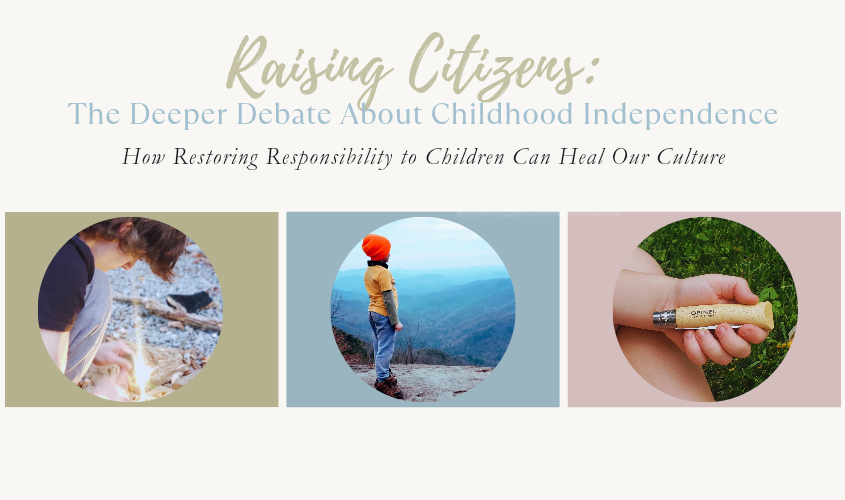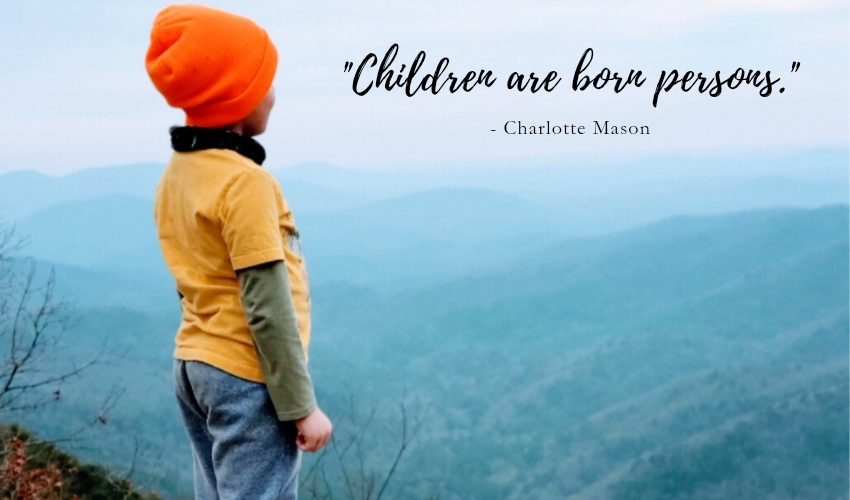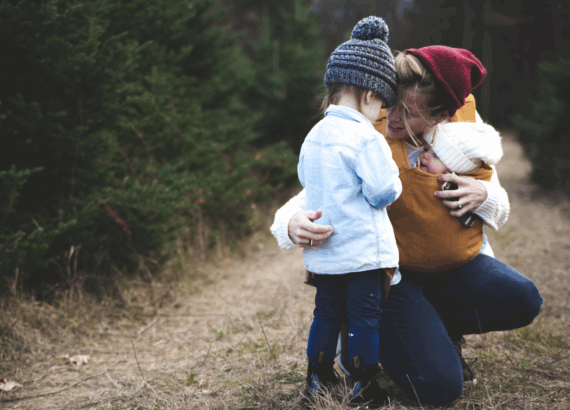Raising Citizens: The Deeper Debate About Childhood Independence
ForrestOakSH | Photo by Kristin Fuller
Photo by Kristin Fuller We are raising a generation of children who are more anxious, less resilient, and slower to launch than ever before. But the real crisis isn’t just personal — it’s cultural. Childhood independence isn’t a parenting style; it’s a matter of life, liberty, and the future of our society.
Childhood Independence
I’ve seen much debate lately about the topic of childhood independence and the idea of allowing kids to do dangerous things carefully. On one side, there are parents who seek to shield their children from every potential danger, keeping them in a bubble in the name of protection. On the other side are parents who view childhood independence as essential to combating anxiety, low self-esteem, and failure to launch in early adulthood.
But what if there’s another layer we’re missing?
What if childhood independence is not just about individual growth — but about healing a sick culture?
Raising Citizens in a Sick Culture
Since the Industrial Revolution and the rise of compulsory schooling, we have steadily segregated American children from the real world. We’ve pushed them into institutions, dumbed down their literature and media, and absorbed a centuries-old idea that children don’t belong in adult spaces or conversations. We’ve treated children as burdens to be managed rather than as future citizens to be mentored.
But what if we changed that?
What if, instead, we embraced Charlotte Mason’s philosophy that “Children are born persons” — fully human, fully capable of living ideas, and worthy of trust?

Children-Friendly Society
Imagine a society where children are welcomed into grocery stores, churches, town halls, and workplaces, not as nuisances, but as apprentices. Where adults naturally took on the role of mentors, modeling responsible behavior and guiding the young, not by sheltering them from the world, but by teaching them how to live wisely within it.
In such a culture, childhood would be honored and protected, not by isolating children, but by equipping them. Adults would work together to uphold a view of children not as future liabilities, but as current blessings and future leaders.
The debate over childhood independence is much deeper than arguments over whether a child should go into a store alone. At its core, it’s a pro-life issue.
It’s about fostering a society that values every human life — not only in infancy, but throughout the stages of growth — and prepares young people for the freedoms and responsibilities of adulthood.
Plant the Seeds of Liberty
Allowing our children to grow in independence — thoughtfully, carefully, and appropriately — is how we plant the seeds of liberty, resilience, and self-governance. It’s how we raise citizens who are capable of standing on their own two feet, contributing meaningfully to their families, churches, and communities.
Every family’s approach to independence may look different, and that’s to be expected. But if we lose sight of the larger cultural stakes, we risk raising a generation less capable, less free, and less prepared to carry forward the values we cherish.
Childhood independence is not a fringe debate. It’s at the heart of building a culture that values human life, personal responsibility, and freedom.
The fight for liberty — like so many things — starts at home.






